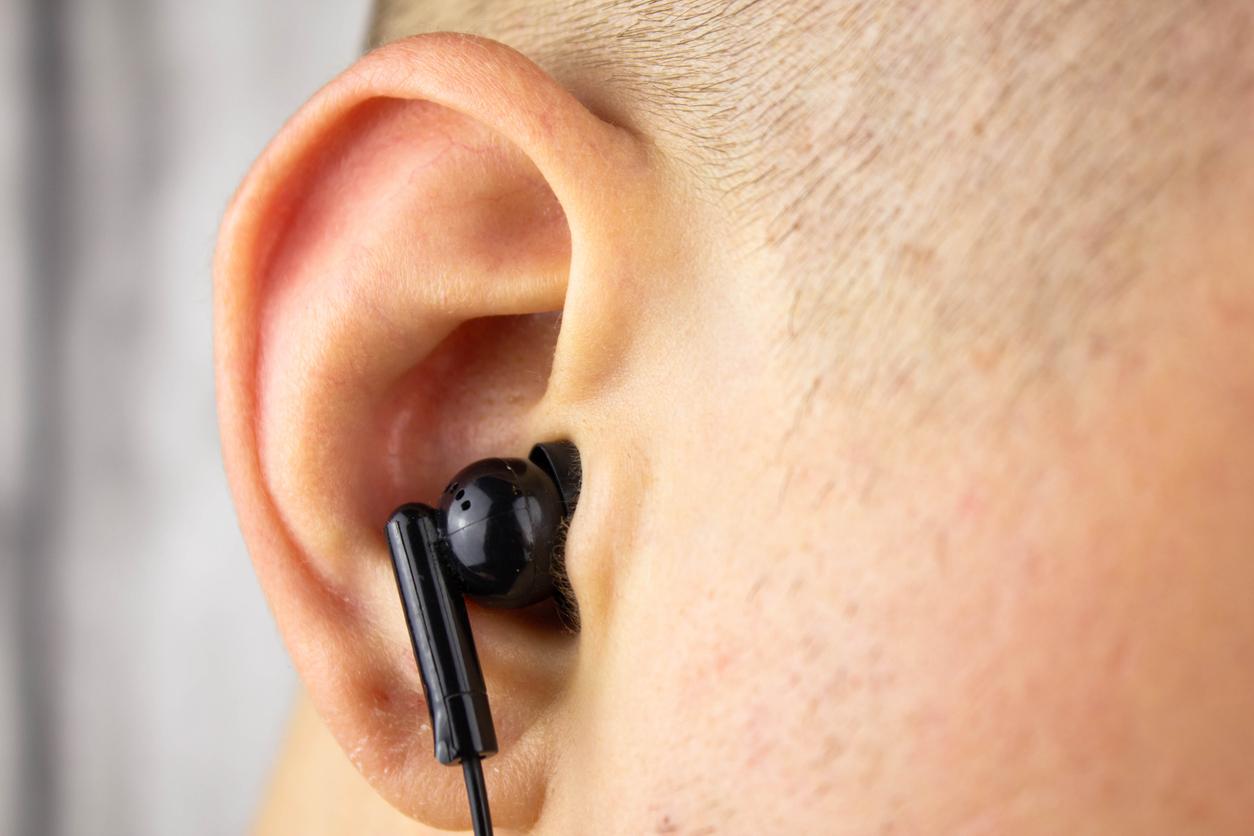You have high blood pressure
L’high blood pressure is often called “the silent killer” because this condition, which can lead to cardiovascular disease or stroke if left untreated, has no visible symptoms. Except in the eyes. Hypertension can in fact cause the small blood vessels in the retina to narrow. Yes the ophthalmologist notices and tells you, don’t delay in making an appointment with the cardiologist.
You have a vitamin A deficiency
If you have some difficulty seeing at night, this may mean you need a diet higher in orange and yellow vegetables and fruits (for beta-carotene) and fatty fish (for vitamin A). Night vision problems are indeed common in people deficient in vitamin A. Lack of this vitamin causes a decrease in a pigment called rhodopsin, which controls how our eye perceives light. The solution: eat carrots, sweet potatoes, spinach and butter!
You suffer from an inflammatory disease
For the past week, you’ve been waking up with sore, bloodshot eyes, but you haven’t partied or sleepless night ? This pain and redness may be a sign of uveitis, an inflammation of the eye that often signals that there is other inflammation elsewhere in the body. The Crohn’s diseasethe rheumatoid arthritis Where psoriasis are inflammatory diseases that cause symptoms in the eyes of one in four people with one of these diseases.
Your thyroid is malfunctioning
Take a good look at the photos (or the selfies) that you took during the holidays: if you have the impression that your eyes look like those of an animal caught in the headlights of a car, it may be a sign that your thyroid is malfunctioning. Having bulging eyes may indicate that the thyroid is racing (this is hyperthyroidism) and produces hormones that attack the muscles and tissues of the eye socket.
The Graves diseaseresponsible for 75% of hyperthyroidism, is 5 to 10 times more common in women than in men and causes ocular symptoms in 50% of cases.
You have an allergy
You have dark circles under your eyes that no night’s sleep or makeup session fail to hide? You may be suffering from allergic rhinitis. Indeed, if you inhale dust, pollen, animal hair or any other allergen, this triggers (among other reactions) the rush of blood under the eyes. This is noticeable right away because the skin here is the thinnest on your entire body. Speak to a dermatologist to help you determine what may be causing the allergy. He will prescribe you a antihistamine which will make those black marks under the eyes disappear.
Read also :
Health: your tongue says it all
What your nails say about your health
















